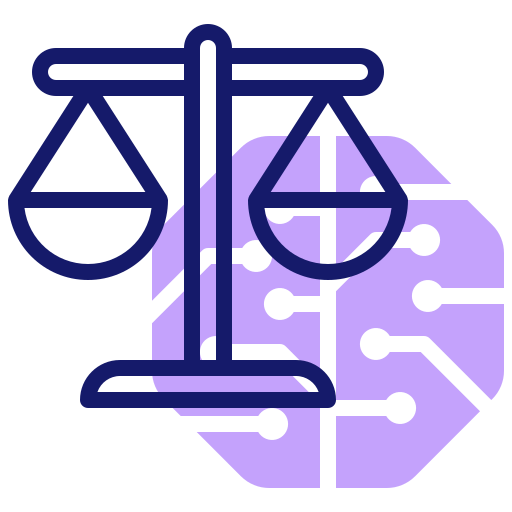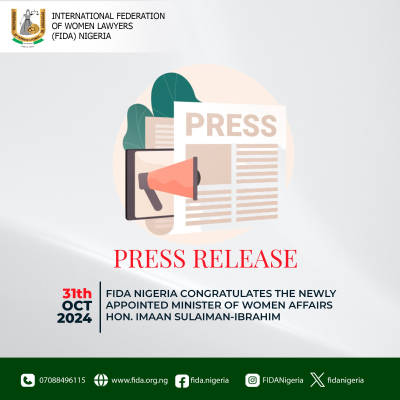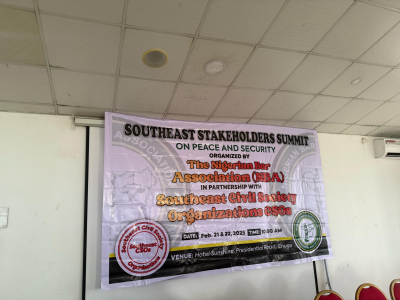Policy Overview
The Illinois Supreme Court has officially released a groundbreaking policy addressing the ethical use of generative artificial intelligence (AI) within the state’s judicial system. Effective January 1, the policy allows attorneys, judges, court staff, and other stakeholders to utilize AI tools, provided such usage adheres to established legal and ethical standards.
The move positions Illinois as one of the first states to formalize the integration of AI into court operations while emphasizing accountability, fairness, and privacy.
Accountability and Accuracy
The policy underscores that all users—be it attorneys, judges, or self-represented litigants—remain accountable for the accuracy and integrity of their work product, regardless of AI involvement.
“All users must thoroughly review AI-generated content before submitting it in any court proceeding to ensure accuracy and compliance with legal and ethical obligations,” the policy states.

Additionally, the policy mandates that users familiarize themselves with both the general capabilities of AI and the specific tools they intend to employ.
Court: Safeguarding Due Process and Equal Protection
To mitigate potential risks, the policy cautions courts against the misuse of AI that could undermine due process, equal protection, or access to justice. It explicitly prohibits the submission of misleading or unsubstantiated AI-generated content that could perpetuate bias or obstruct truth-finding.
“Unsubstantiated or deliberately misleading AI-generated content that perpetuates bias, prejudices litigants, or obscures truth-finding and decision-making will not be tolerated,” the document warns.
Privacy and Confidentiality
In addition to procedural safeguards, the policy places strong emphasis on the protection of sensitive information. AI tools must not compromise confidential data such as:

- Personal Identifying Information (PII)
- Protected Health Information (PHI)
- Justice and public safety data
- Security-related information
- Judicial communications or conduct
The policy aims to balance technological advancement with the need to maintain public trust and uphold judicial standards.
Development and Leadership
The policy was developed by the Illinois Judicial Conference Task Force on Artificial Intelligence, formed earlier this year. The Task Force, cochaired by Judge Jeffrey A. Goffinet and Trial Court Administrator Thomas R. Jakeway, comprised judges, attorneys, court staff, and other experts.
Chief Justice Mary Jane Theis acknowledged the evolving nature of AI and stressed the judiciary’s responsibility to adapt to its rapid advancements.
“This policy recognizes that while AI use continues to grow, our current rules are sufficient to govern its use,” said Theis. “However, there will be challenges as these systems evolve, and the court will regularly reassess those rules and this policy.”
Supporting Resources
In conjunction with the policy release, the court provided a reference sheet to assist judges in understanding and responsibly implementing AI in court proceedings.









